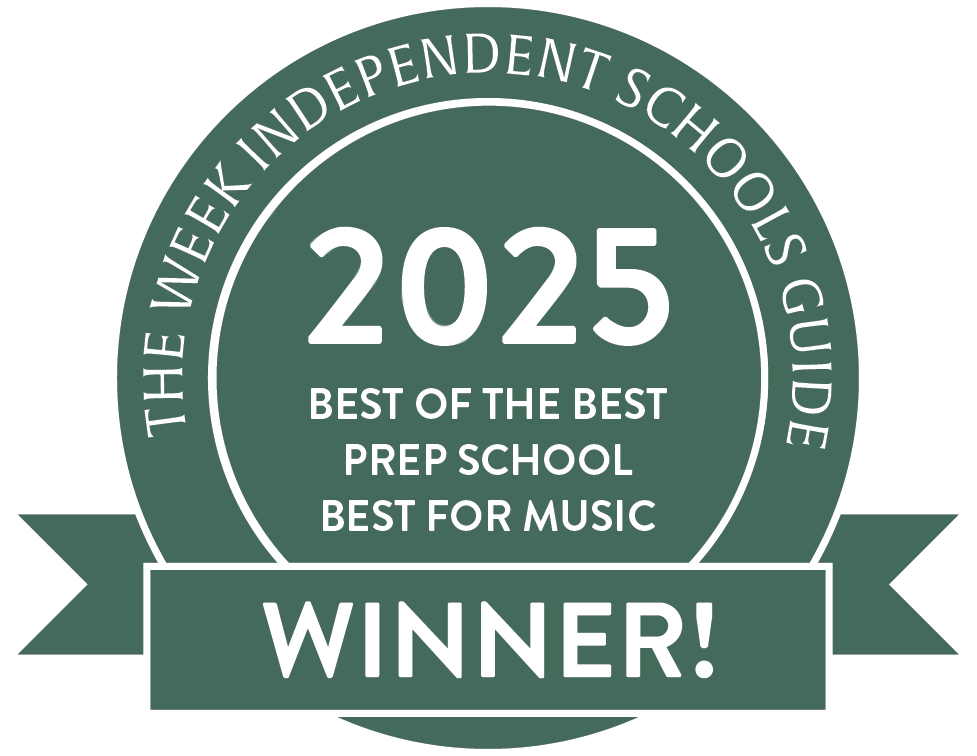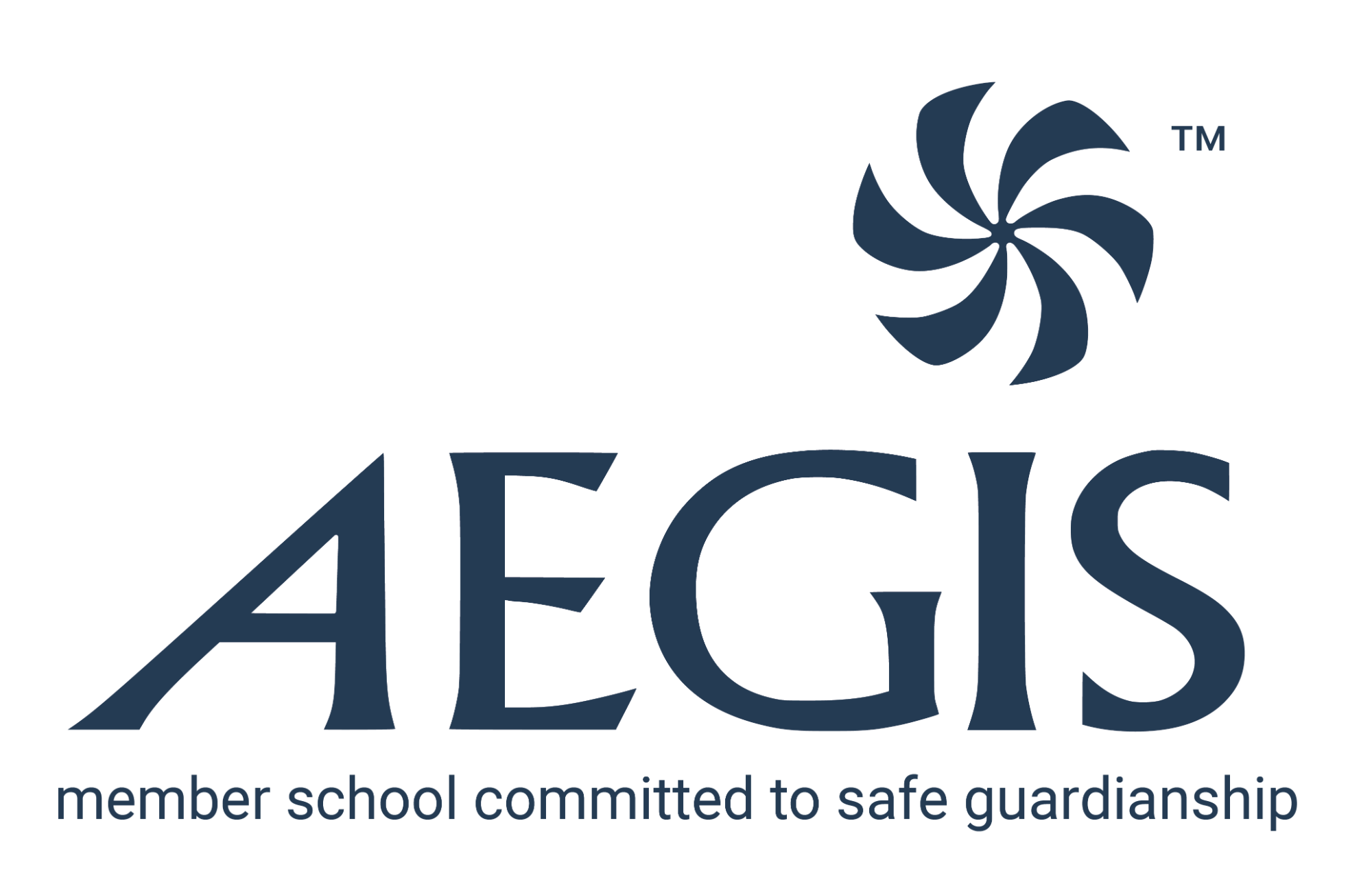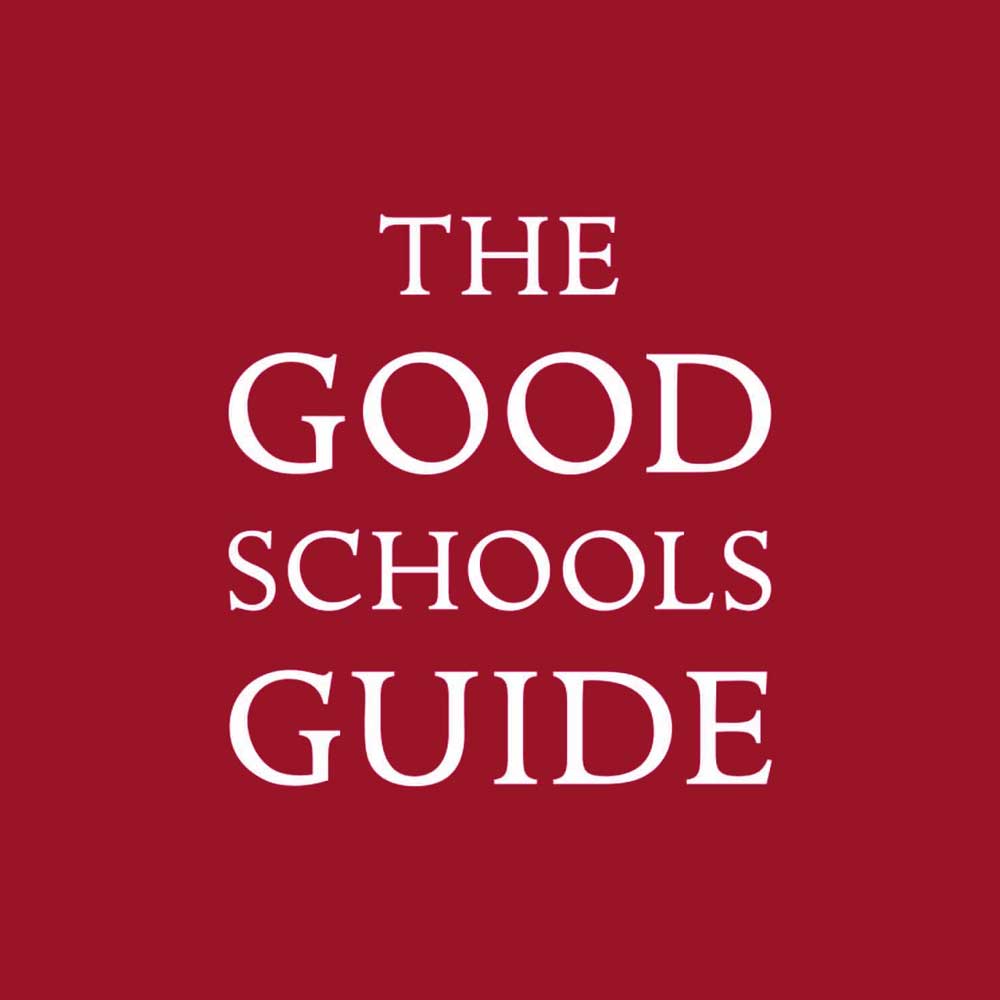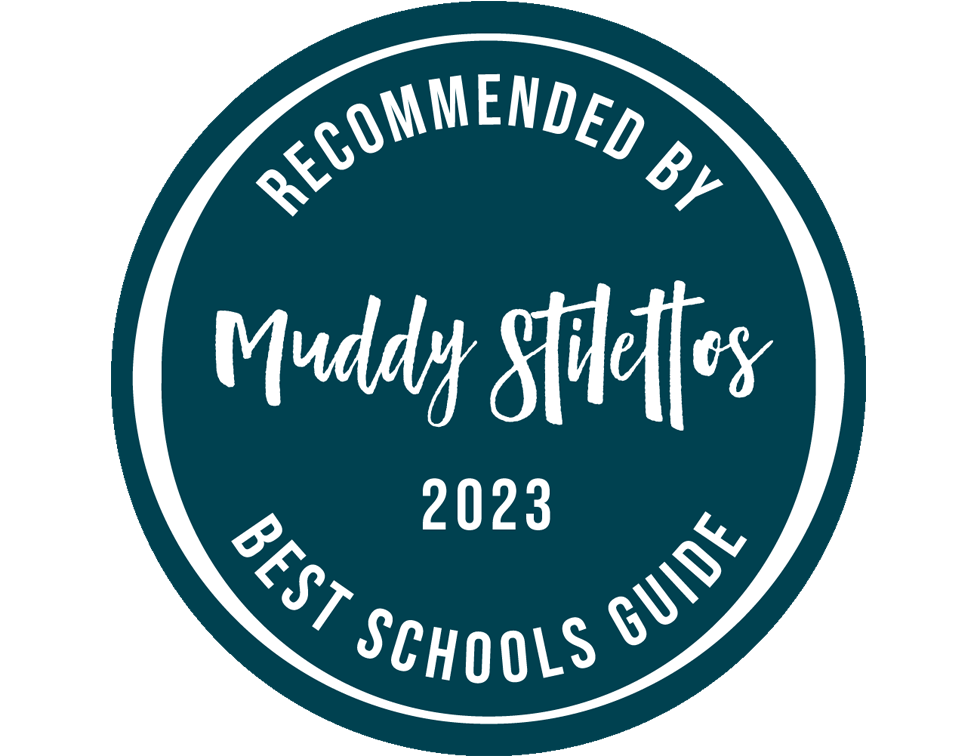The Set Quiz returns...a chance to build language and knowledge

Set assemblies started this week off: a lovely chance for the boys to feel that tight-knit identity and pride in being a Wren, Roman, Saxon, Monk or Norman. A cause of particular excitement was the return of the much-loved Set Quiz, which will have regular rounds this term leading, of course, to the all-important Final. Many thanks indeed to Mr Duncan for relaunching the quiz: it is, I suspect, something he’s rather enjoying… giving a chance to indulge his inner Paxman!
So, no full assembly for the prep children this week, but as I said last week, the current theme is ‘exploration’. This can be taken in all sorts of directions. In the sense of intellectual exploration, of where and what we find ourselves learning about as a result of our curiosity, the process is so frequently led by language, words, vocabulary. (Last term, I spent some time in assemblies explaining the link between language and self-esteem, which is in the most part about the words we tell ourselves about ourselves.) Language, and understanding its nuances, is also in the spotlight currently due to AI and Large Language Models. We continue to look at the best ways in which to build understanding of AI, its use and impact, into the curriculum going forwards and one of the crucial points of reflection is, I feel, as follows…
Language is the gateway to knowledge. At the simplest level, knowing the name of – or word for – something allows it to be referenced and allows contextual understanding and information to be hooked on to it. Around this, a network of linked knowledge builds. As such, there is a clear case for language, for words, to be stewarded, guarded even, lest that knowledge and understanding are eroded. We’re talking – in the literal sense – ‘word association’. The words we associate with our environment, those in it, and with ourselves are the building blocks of our world. As that world is changing – and the sense is that it is doing so with increasing rapidity – it is worth us reflecting on the ways in which our language may be changing also.
I’m rather a fan of a particular genre of book that has been having something of a heyday for the last decade; that of nature journals and writings. These are often laced with folkloric notes and a dowse of travelog which, in combination with the deep appreciation of the natural world, frequently gives them a sentimental aspect which appeals to me and adds to the escapism in reading them. This current wave of popularity seemed to have its origin in the books of Roger Deakin (Waterlog, Wild Wood…) and has since found a number of excellent proponents; perhaps the best known of whom is Robert Macfarlane. At the start of his book Landmarks, Macfarlane makes comment on the 2007 edition of the Oxford Junior Dictionary. (Goodness, how long ago does that seem?) In this edition, he notes, the following words had been culled: acorn, adder, ash, beech, bluebell, buttercup, catkin, conker, cowslip, cygnet, dandelion, fern, hazel, heather, heron, ivy, kingfisher, lark, mistletoe, nectar, newt, otter, pasture and willow. Doesn’t that seem incredible, that a full 16 years ago these were deemed sufficiently unimportant?
The removal of these ‘nature words’, Macfarlane argues, suggests ‘an alarming acceptance…that the rural environment might be so unproblematically disposable.’ I wholeheartedly agree. And when we lose the vocabulary to refer to the most specific details of the world around us, we lose some of the essence of that world and the richness of experiencing our place within it. Macfarlane’s mission to explore the fading words of our natural world, and to promote and preserve them, is an important one.
Moving to a different language ‘battlefront’…last night, I was talking with a good friend who is a subject expert and training facilitator at the National Centre for Computing Education. The central role of language in AI came up. As he was setting out, the all-important Large Language Models (LLMs) that underlie so much of AI’s advancement are designed to generate blocks of coherent language, but of course there is no consciousness behind the process. The blocks of text are built around probability of word sequence based upon the processing of vast quantities of examples gathered from the internet. This only serves to heighten the immense value in the choice, sequence and specificity of language that is of human creation rather than machine generation. (The skills, vitality and enjoyment that the study and appreciation of poetry should confer therefore remain reassuringly important!) My friend’s case that Artificial Intelligence is arguably a misnomer that blurs the important distinction between the two was a significant one. ‘Machine learning’ would be a far clearer reminder of what it is we’re actually dealing with when we interact with ChatGPT or similar, he argued. And so it was that the importance of the words we use was once again emphasised. Then he threw in an excellent ‘curve ball’ he’d introduced at a recent conference he had organised: ‘Should we be teaching our children to say ‘please’ and ‘thank you’ to Alexa and Siri?’ There’s an interesting one for the dinner-time table…
Tim Butcher
Headmaster









